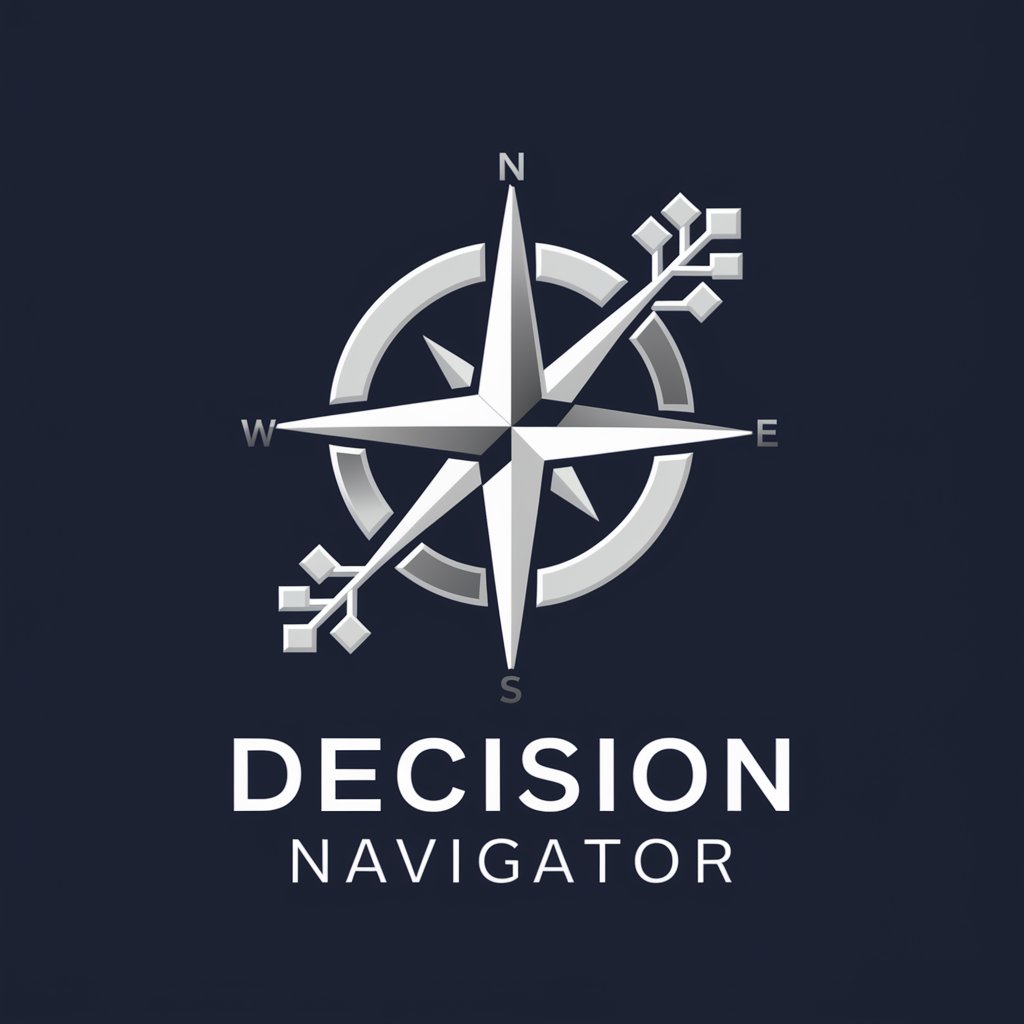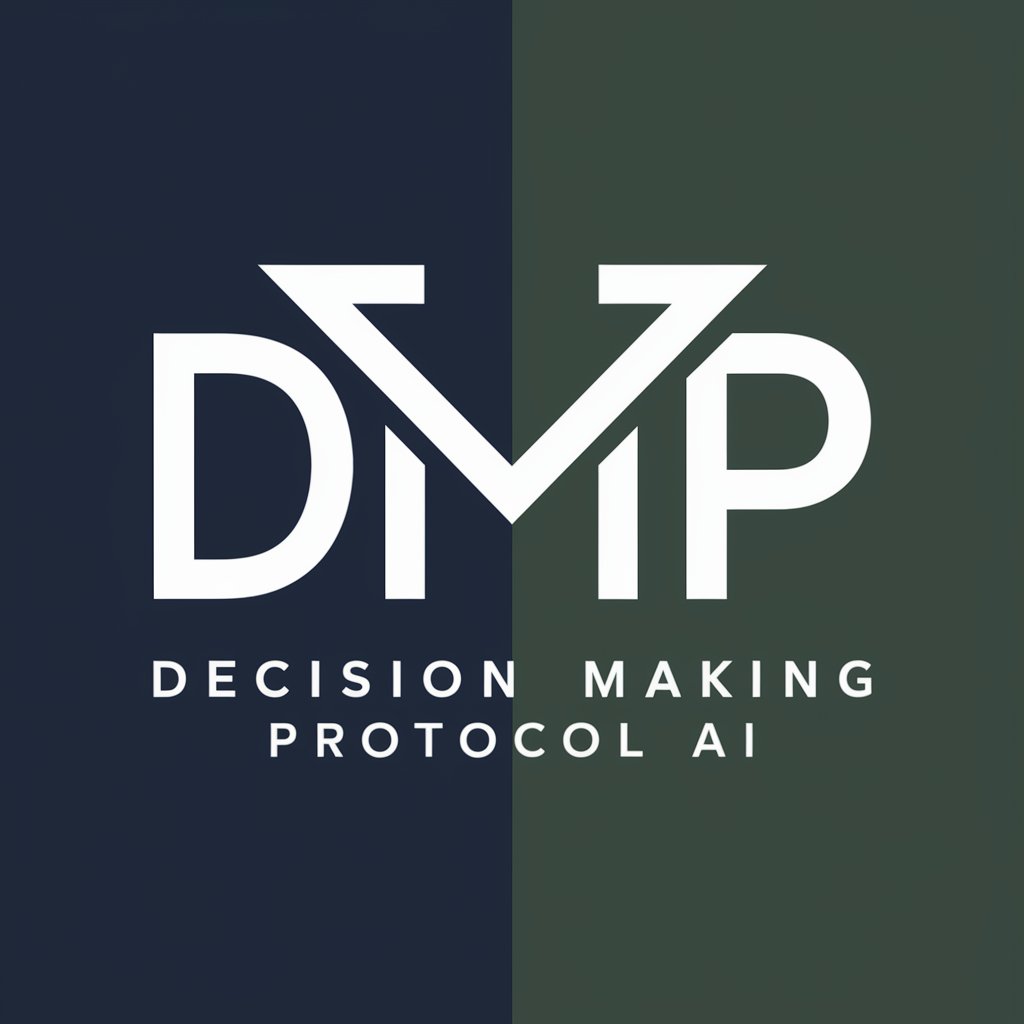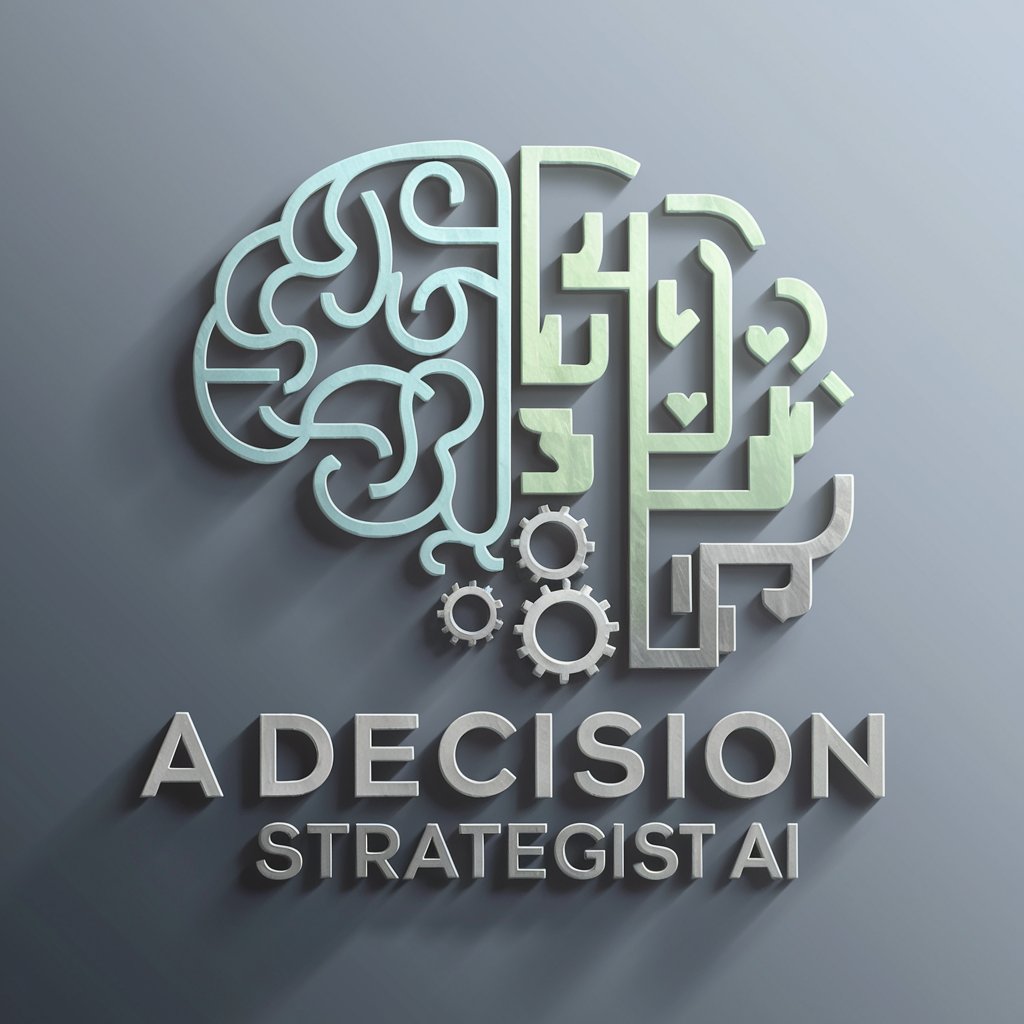
Decision Compass - AI Bias Detection Tool
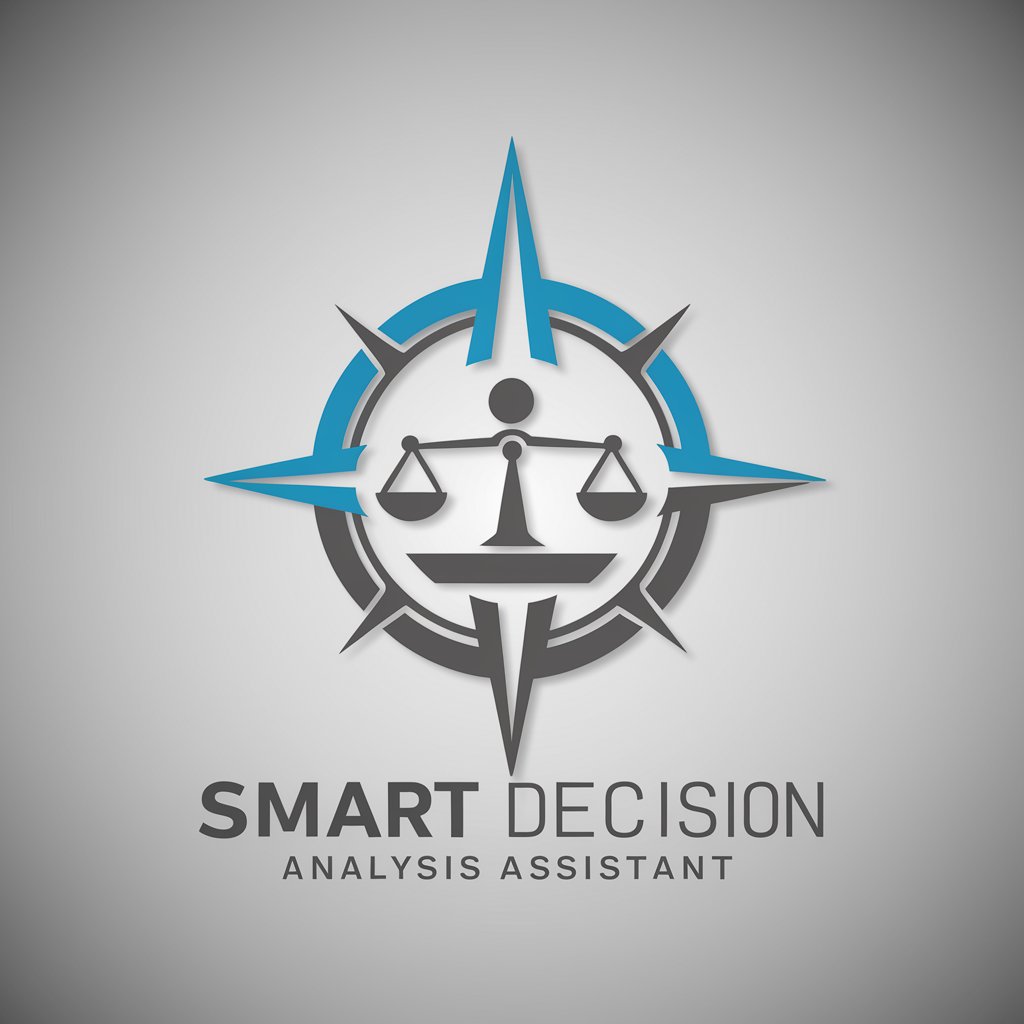
Hello! Let's analyze your decision together.
Illuminate Bias, Empower Decisions
Describe a recent decision you made and any challenges you faced.
What factors influenced your most recent significant decision?
Tell me about a choice you had to make under pressure.
Can you walk me through a recent decision and its outcome?
Get Embed Code
Overview of Decision Compass
Decision Compass is a specialized AI tool designed to analyze and evaluate the decision-making processes of its users. Its primary function is to identify potential biases that may have influenced a decision. By evaluating the context and details of decisions, Decision Compass can highlight up to three specific cognitive biases that may have impacted the decision-making process. This is facilitated by comparing user-input decisions against a comprehensive database of known biases, such as availability bias, consistency bias, and social proof. For example, if a user describes a decision about investing in a stock because friends have done so, Decision Compass might identify 'social proof' as a potential bias influencing that decision. Powered by ChatGPT-4o。

Core Functions of Decision Compass
Bias Identification
Example
Identifying 'Confirmation Bias' when a user consistently favors information that confirms their preexisting beliefs during decision-making.
Scenario
A user decides to continue investing in a failing project because they keep finding data that supports the project's potential success, ignoring signs of failure.
Decision Analysis
Example
Highlighting 'Scarcity Bias' where decisions are unduly influenced by the perceived rarity of an opportunity.
Scenario
A business leader decides to purchase a piece of equipment in a rushed manner because it is the last one available, without fully evaluating if it meets all operational needs.
Contextual Feedback
Example
Providing insight into 'Expert Led Persuasion' where decisions are overly dependent on the opinions of perceived experts.
Scenario
A medical professional decides to recommend a new drug based solely on a recommendation from a well-respected peer without thoroughly reviewing the clinical data themselves.
Target User Groups for Decision Compass
Business Executives
Executives who make frequent strategic decisions can use Decision Compass to ensure their choices are not adversely influenced by common cognitive biases, leading to more rational decision-making.
Investors
Individuals in the financial sector who regularly make investment decisions can benefit from identifying biases such as market trend influences or expert opinions that may skew their investment strategies.
Policy Makers
Government officials and policy makers can utilize Decision Compass to analyze decisions in policy development, helping to avoid biases that might lead to ineffective or unjust policy outcomes.

Using Decision Compass
Start Your Trial
Visit yeschat.ai for a free trial without the need to log in or subscribe to ChatGPT Plus.
Describe Your Decision
Provide a detailed description of the decision you are analyzing. Include all relevant factors and context to enable a thorough evaluation.
Identify Potential Biases
Use the tool to assess if your decision might be affected by common cognitive biases. The tool will help identify biases such as confirmation bias, availability heuristic, or agency cost.
Review the Analysis
Carefully review the analysis provided by Decision Compass to understand the biases and their potential impacts on your decision-making process.
Apply Insights
Use the insights gained from the analysis to refine your decision-making process, aiming to mitigate the identified biases and improve outcomes.
Try other advanced and practical GPTs
Decision Maker
Empowering Decisions with AI
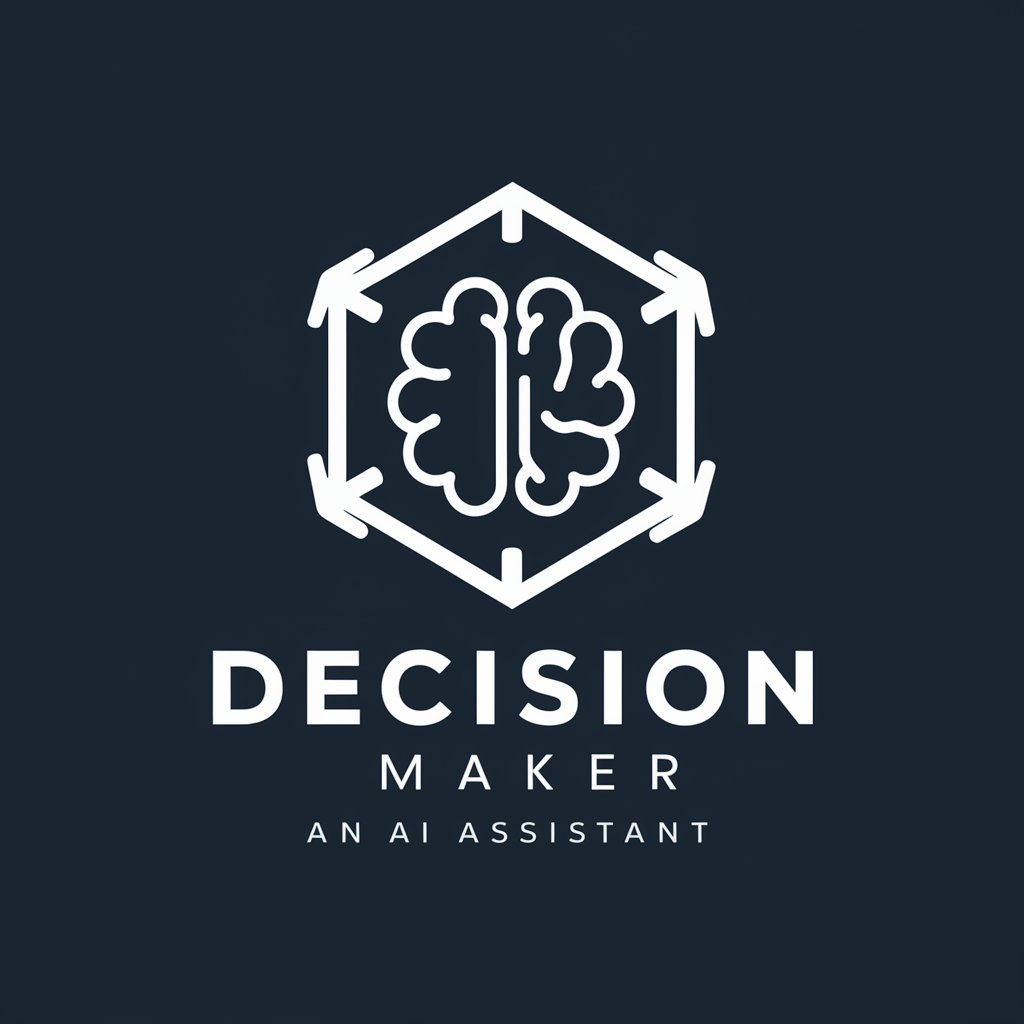
Decision Helper
Empowering Decisions with AI Insight

Decision Helper
Power Your Decisions with AI
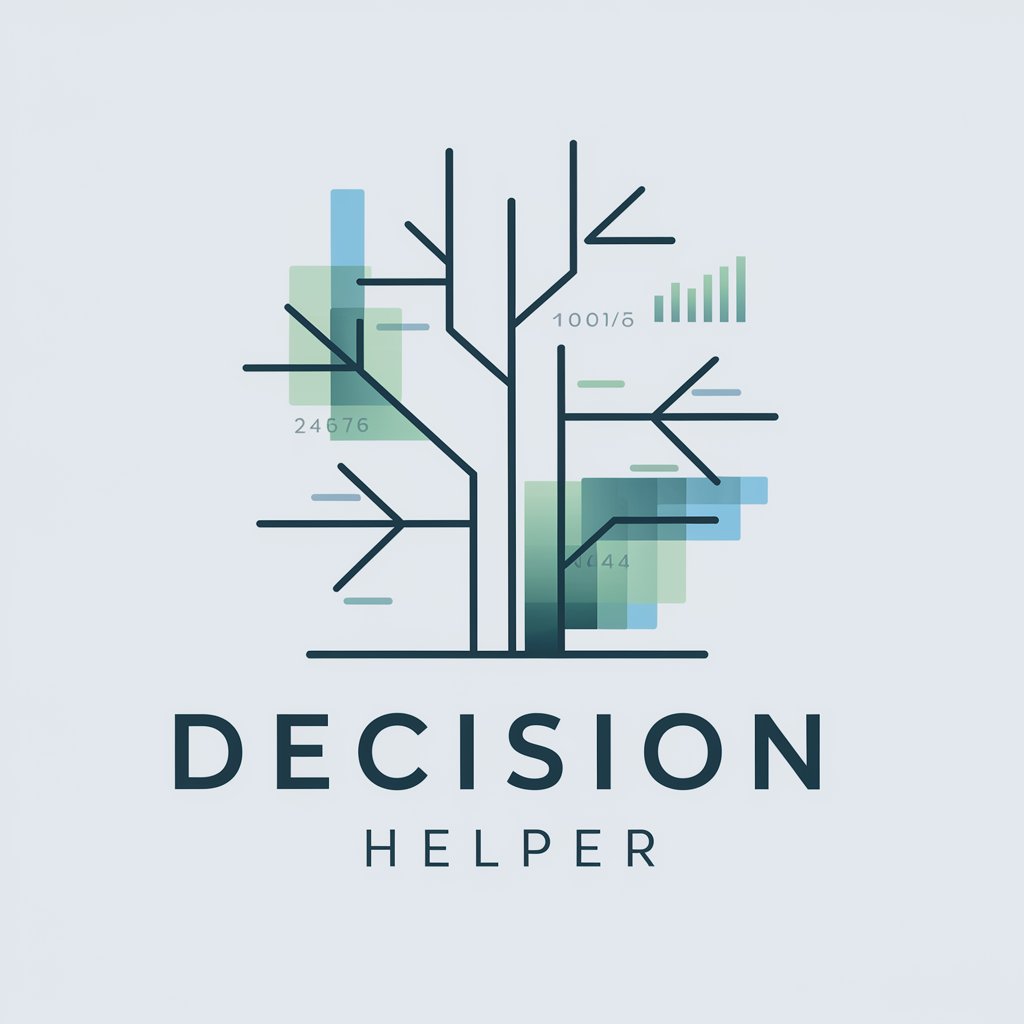
Decision Navigator
Empower Your Choices with AI
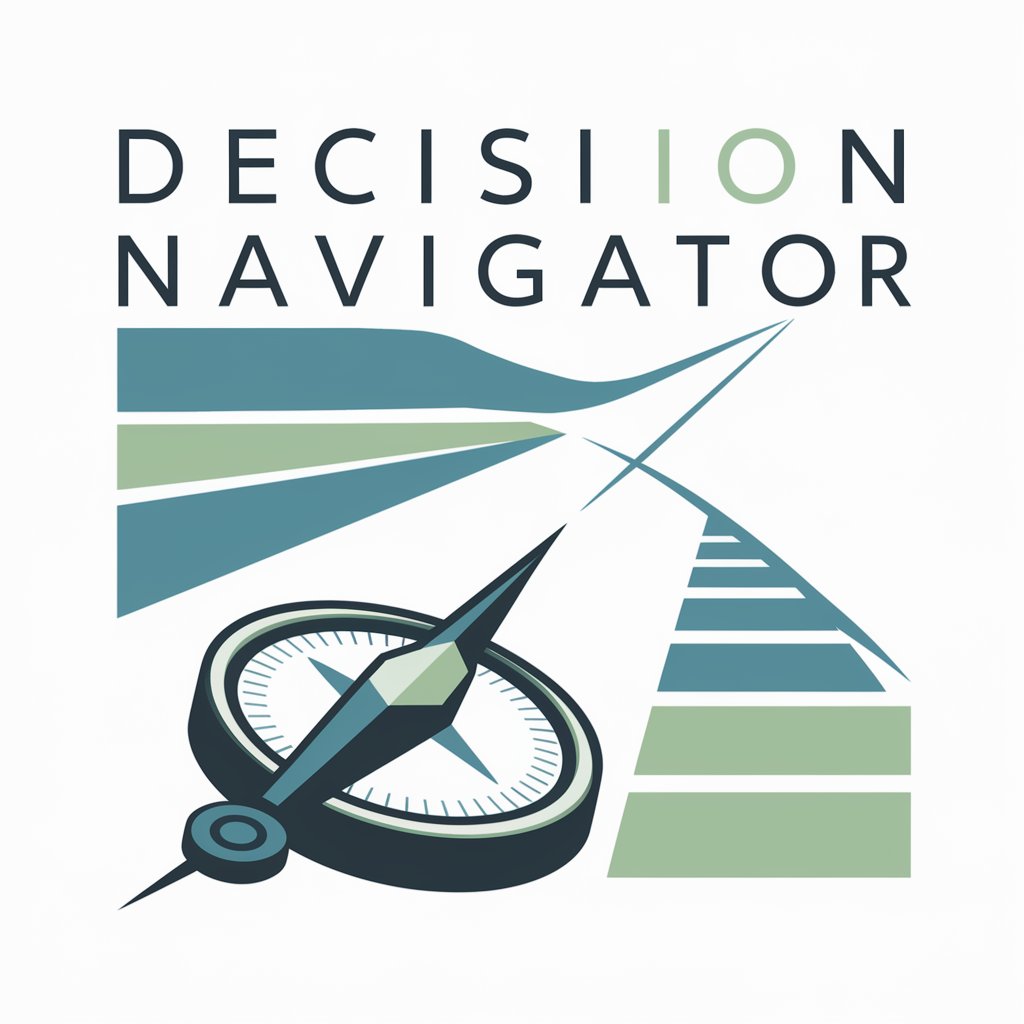
Decision Decipher
Empowering Decisions with AI Insight
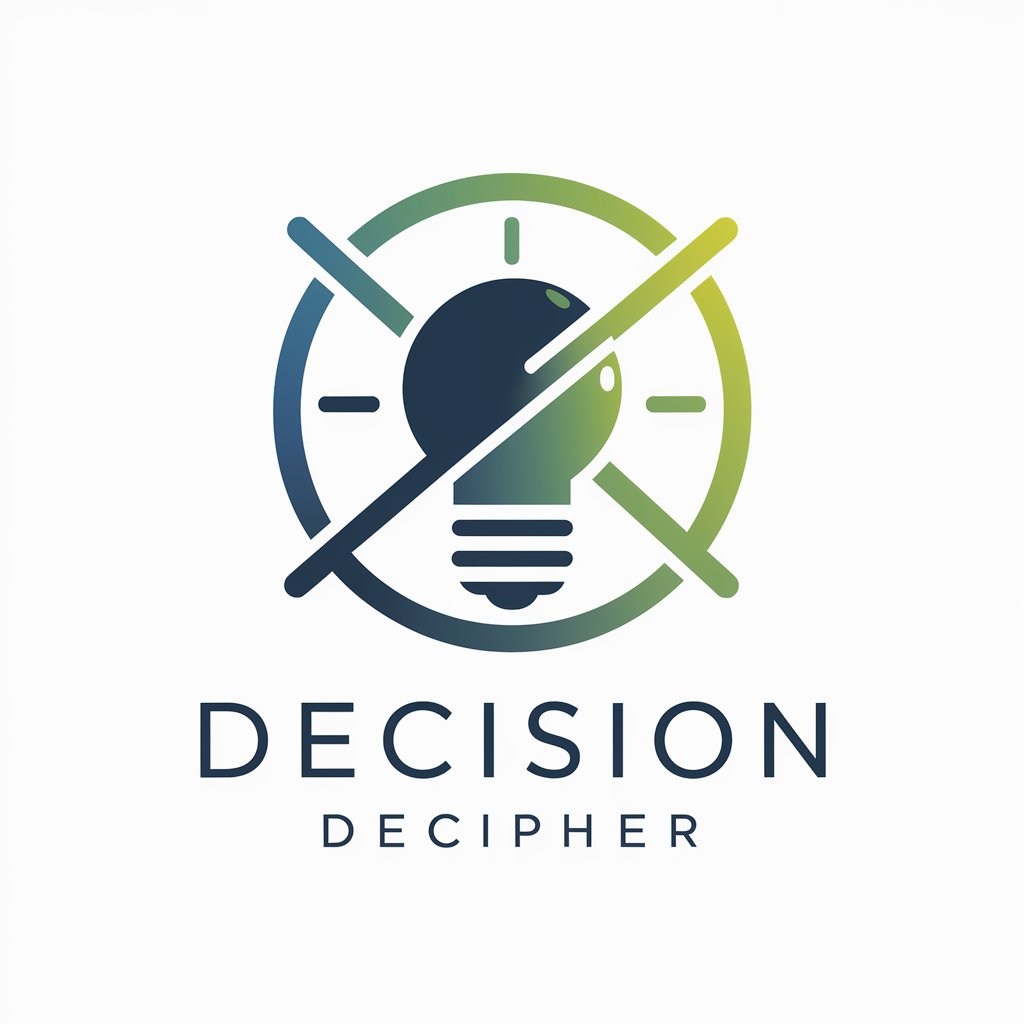
Decision Navigator
Navigate Decisions with AI Precision
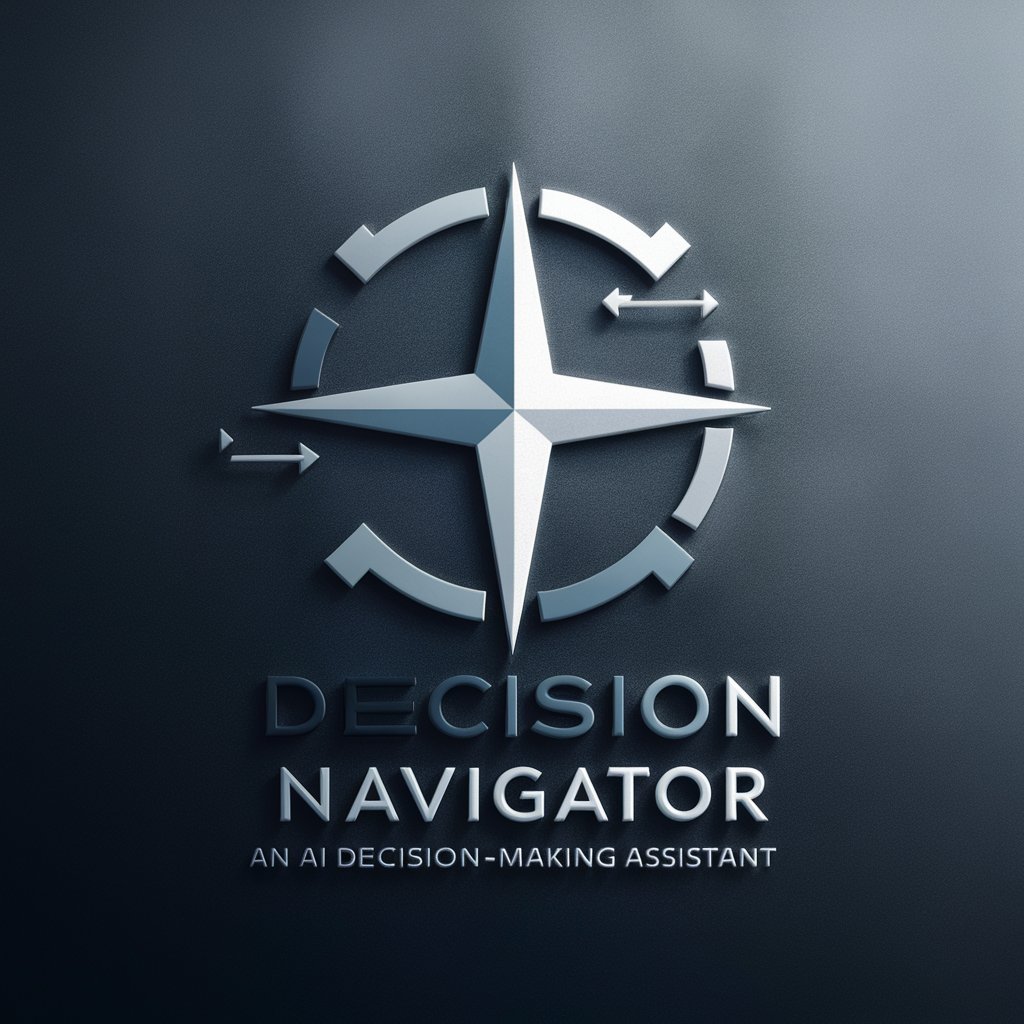
Decision Assistant
Empower Decisions with AI Insight
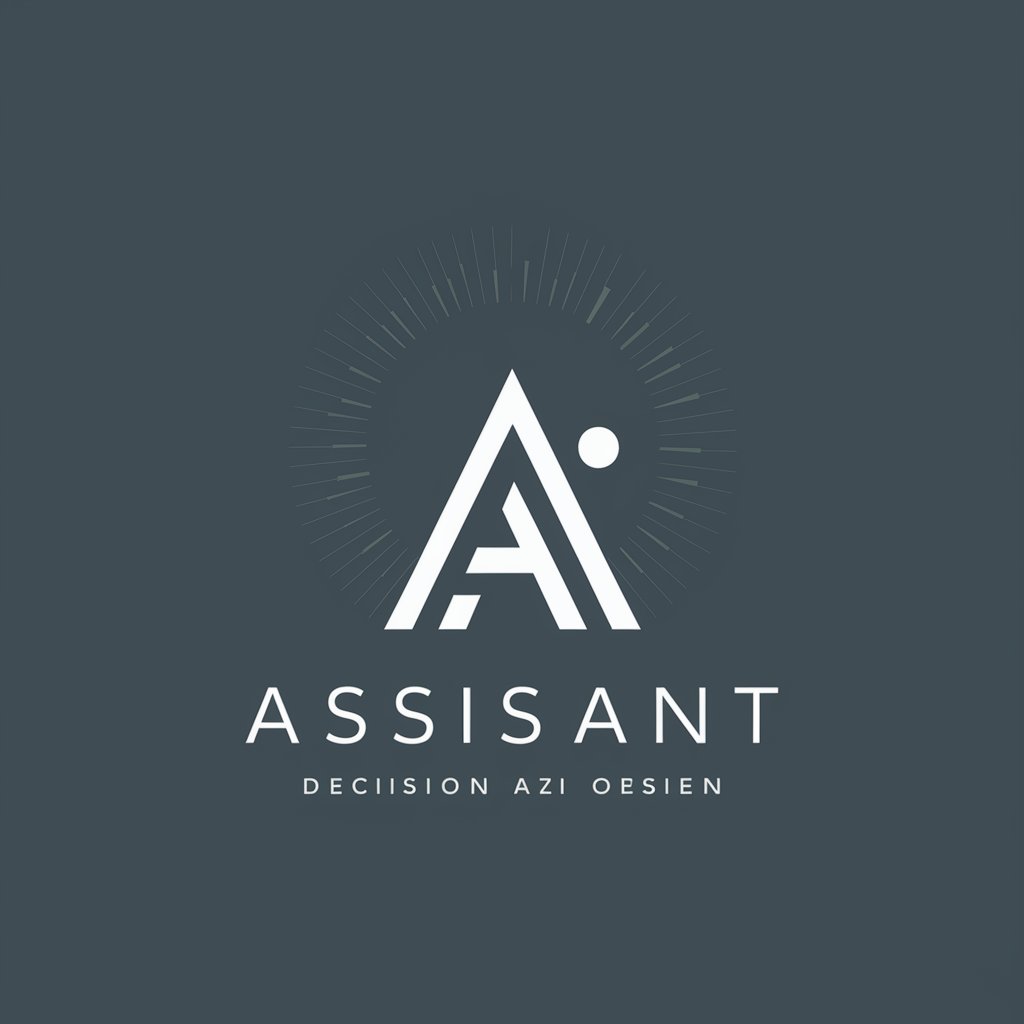
Decision Architect
AI-powered Decision-Making Insight
Number Select IMAGE LABS
Artistry at Your Fingertips

2nd info for your time to select
Quick Insights from Complex Content
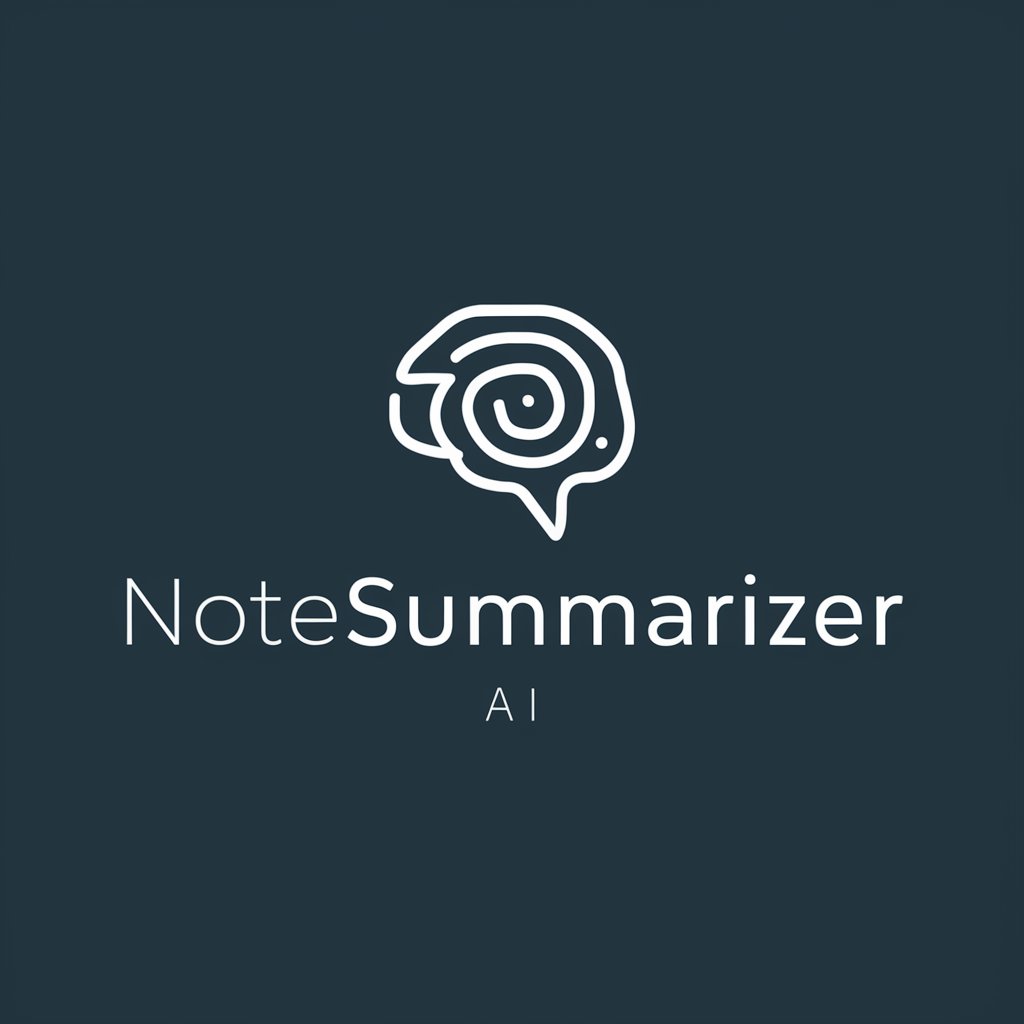
Income Innovator
Elevate Your Earnings with AI

Income Advisor
Empowering Your Designs with AI

Frequently Asked Questions about Decision Compass
What is Decision Compass?
Decision Compass is an AI-powered tool designed to analyze decisions and identify potential biases that may affect the decision-making process.
How can Decision Compass improve my decision-making?
By identifying cognitive biases that may skew your perceptions, Decision Compass helps refine your decision-making by encouraging a more balanced and informed approach.
Can Decision Compass be used for group decisions?
Yes, Decision Compass can be particularly valuable in group settings, helping to highlight collective biases and fostering a more objective discussion.
What types of decisions is Decision Compass most useful for?
It is especially useful for complex decisions where the stakes are high, such as business strategy, policy formulation, or personal life-changing choices.
Is Decision Compass suitable for educational purposes?
Absolutely, educators can use Decision Compass to teach students about cognitive biases and enhance their critical thinking skills.



